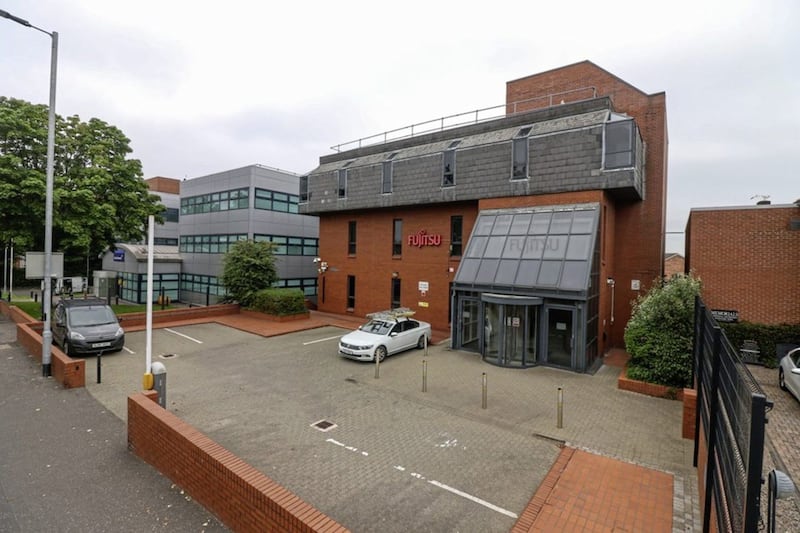A NUMBER of Belfast companies planning multi-million pound office moves in the coming months insist they "won't be radically revising their plans" despite challenges regarding the future use of office space.
Business services giants Deloitte and PwC are among those due to relocate to vastly larger premises which between them will house more than 3,000 staff.
But given new-found home-working habits, many businesses have been reassessing their space requirements.
This has resulted in some parts of the UK and Ireland of firms exiting their leases and others seeking smaller spaces to accommodate a workforce that operates part-remotely.
And despite speculation in some accountancy circles suggesting that Deloitte was considering back-tracking on its proposed relocation a few metres up Bedford Street to the new £85 million Bedford Square scheme, the firm has issued a categoric denial.
It says: “We are committed to Bedford Square and looking forward to commencing design work in the new year.”
Construction work by McAleer & Rushe is nearing completion on Bedford Square, which is centred around the regeneration and refurbishment of the historic former Ewart Building.
Deloitte has committed to taking 100,000 sq ft of office space and will become the complex's anchor tenant, with Bedford Square set to house 1,000 staff by 2022 (it will be Deloitte’s largest UK office by headcount outside London).
Meanwhile PwC told the Irish News is has entered the final stage of the development of its new regional headquarters at the 213,000 sq ft Merchant Square complex, where 2,000 staff are due to relocate.
It is the biggest-ever private sector deal for grade A office accommodation in Northern Ireland and the firm's plans are to be able to move "early next summer".
PwC NI’s regional market lead Kevin MacAllister said yesterday: “Merchant Square will deliver a much-needed boost for Belfast and Northern Ireland’s economy.
“Our new office will be a catalyst for regeneration, firstly by bringing our entire workforce back into the city centre and helping support local businesses, and secondly by providing our clients and community partners with tech-focused collaboration spaces where we’ll work together on innovative solutions and create new opportunities.”
Mr MacAllister admitted the pandemic has posed the firm a number of challenges regarding the future use of office space.
“However, the way we have worked with our people to design our new innovative office will include a state-of-the-art wellbeing zone and will provide our people and our clients with the right environment to nurture collaboration. It is creating more than just a desk space, as our people demand more from a modern office.”
But some other relocations have run into timetabling difficulties.
American cyber security firm Rapid7 was due to move into Chichester House in August as the building’s sole occupant, where it was planning to double its staff numbers to 400 in the next two years.
But this has been pushed back primarily due to senior personnel from the company being able to come to the UK because of Covid-enforced flight restrictions from the US.
While prior to the pandemic, conventional wisdom was that office spaces were critical to productivity, culture and winning the war for talent.
However, a surprisingly quick and effective transformation to home-working, liberating many employees from long commutes and allowing them greater flexibility in balancing their personal and professional lives, has forced many companies to re-prioritise their office requirements.







